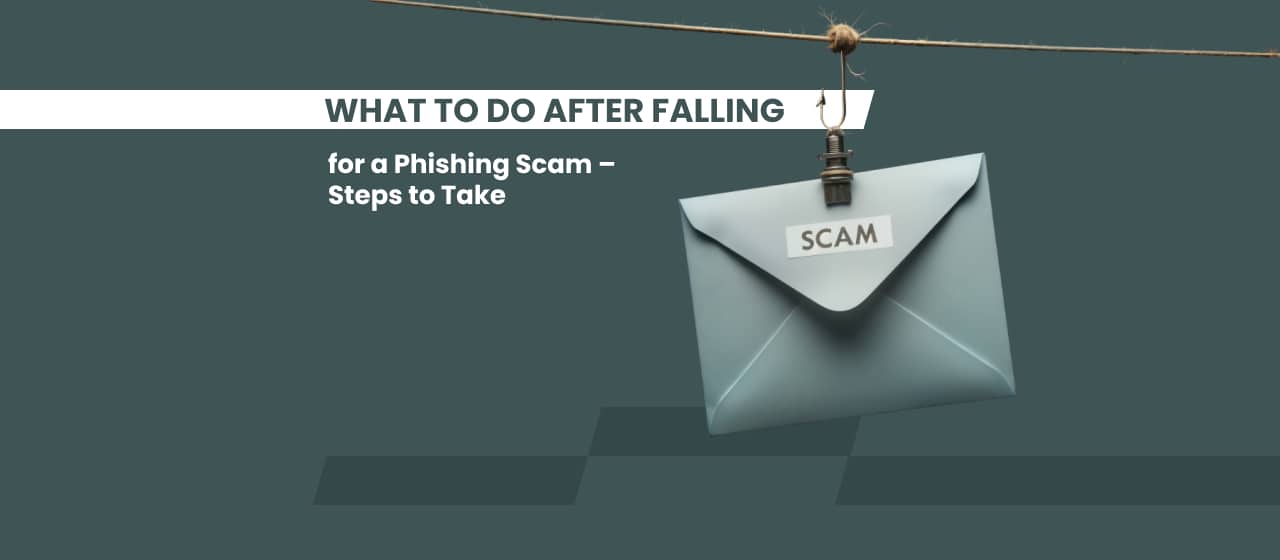If you’re using Facebook, you need to be vigilant. Sextortion is growing at a rapid pace, and Facebook is one of the largest platforms for the crime. The social media giant is plagued with billions of fake accounts. In fact, Facebook estimates that 3% of their monthly active users are fake accounts. Though some of these fraudulent profiles are harmless, many of them are run by sextortionists just waiting to target their next victim. So, how do you protect yourself from Facebook sextortion, and how can you deal with it if you’re being targeted? Continue reading to find out.
How Does Sextortion on Facebook Work?
Sextortion is when a person threatens to expose someone else’s explicit images or videos unless the victim meets their demands. On Facebook, sextortionists will use a fake profile with stolen images or an account impersonating someone you know. They will initially use the profile to send you a friend request and a direct message, showing interest in you. Once you engage with their message, they begin spinning a deceptive web disguised as an authentic connection.
Gaining Your Trust
At this stage, the main goal of a sextortionist is to gain your trust. They will weaponize excessive flattery, provide constant attention, and fake emotional vulnerability to create the illusion of a deep connection. Mirroring is also a common manipulative tactic by perpetrators, adapting their interests, beliefs, and life experiences to match the victim’s.
After enough trust is built with the victim, they will attempt to fast-track the relationship to an intimate level and move the conversation off Facebook to instant messaging platforms. Many of these messaging platforms have less oversight, ensuring that there is no disruption to their scheme.
A Cruel Trick
This is when the sextortionist will suggest trading explicit images or videos, typically offering to go first to dispel any suspicions. However, this is their cruel trick. They lure unsuspecting users into sending explicit images or videos of themselves, at which point they drop their friendly façade and threaten to publicly expose the content. The only way they offer to keep the content private is if the victim meets their demands.
How To Deal with Facebook Sextortion
When your privacy is weaponized against you, it creates a sense of violation, betrayal, and fear that can have long-lasting effects. Victims may feel a loss of control over their own body image and personal life. If you are dealing with Facebook sextortion, you may feel isolated, helpless, and afraid. However, you can take back control. Here are some steps to take when facing sextortion.
- Do Not Cooperate: A sextortionist will have demands that they want you to meet. They will also expect a response to their threats. However, you should never comply with the perpetrator and instead cease communication when the threat of sextortion is made. Any further responses will only encourage the culprit to continue targeting you.
- Preserve Evidence: Cybercrime experts in law enforcement and private firms rely on evidence to perform an investigation. That’s why it’s essential to preserve the proof of sextortion. You can do this by taking screenshots of the messages and profiles used, along with anything else that is relevant to the case.
- Notify the Platform: Facebook has an anonymous, built-in system for reporting any behavior that violates their community standards. Threats of sextortion can be flagged on the platform, and in many cases, Facebook will respond by removing the account.
- Notify the Authorities: Local law enforcement is an essential resource for victims of sextortion. They can help you file an official complaint, which may be used to launch an investigation or serve as evidence in future court proceedings.
How Widespread Is Sextortion on Facebook?
Facebook has transformed into a hub of online activity, offering functions like Marketplace, Dating, and Groups for community building. However, all these features have also provided scammers with more ways to lure in potential victims. A key statistic comes from a 2024 Sextortion Study from Digital Forensic Corp.
The private security firm analyzed 1,000 sextortion cases in late December 2024. Of the sextortion cases that originated on social media platforms, 42% of them were traced back to Facebook. Sextortion has become one of the fastest growing cyber threats, and Facebook is one of the primary platforms used to commit the crime.
How Facebook Is Addressing the Rise in Sextortion
Meta has been combating sextortion and non-consensual intimate image abuse on their platform for close to a decade. In 2017, Meta partnered with Thorn to launch ‘Stop Sextortion’, a guide for sextortion victims, and to create educational articles about sextortion on Facebook’s Safety Center.
Meta also co-founded Lantern, the first cross platform signal-sharing program for online platforms to improve enforcement on child safety policies. The program brings tech companies together to investigate the activity of predators across platforms, allowing these platforms to uncover the full picture of harm.
Preventing the Spread of Intimate Image Abuse
Meta has taken many steps to fight intimate image abuse, but one of the most effective initiatives was supporting tools that proactively prevent the spread of nudes.
- For those under the age of 18, Meta co-founded the Take It Down tool, a platform run by the NCMEC to get rid of and prevent the reposting of CSAM on online platforms.
- For those over the age of 18, Meta has continued to support StopNCII.org, a tool created by the Revenge Porn Helpline to get rid of non-consensual intimate images and videos posted online.
Removing Fake Accounts
To reduce the number of scammers, Facebook is using automated systems to identify and get rid of fake accounts preemptively. In both the second and third quarters of 2024, they took action against over a billion fake accounts, many of them created with malicious intent.
Meta is also using investigative methods to discover malicious accounts before they can do harm. In the summer of 2024, Facebook found over 7,000 assets on the platform that were linked to a small group of Nigerian scammers. Despite all these efforts, Facebook sextortion has continued to rise and is only becoming more of a problem.
How to Stay Protected While Using Facebook
Facebook has been taking proactive steps to combat sextortion and scammers on their platform. They have also implemented many safety features to prevent scammers from reaching users. Consider the following tips on how to stay protected while using Facebook.
- Lock Down Your Account: Make sure your profile is set to private to limit who can view your posts. You can also limit who can send you friend requests by enabling the ‘Friends of Friends’ setting. Lastly, make sure your ‘Friends List’ is set to be viewed by ‘Only Me’. These privacy settings lower your risk of being targeted.
- Be Cautious with Friend Requests and Messages: Perpetrators will send unsolicited messages and friend requests to hundreds of people, looking for anyone to respond.
- Enable Two-Factor Authentication (2FA): If your password gets compromised, 2FA protects your account from being taken over. Make sure you have it enabled in your settings for extra protection.
- Stay Up to Date on Sextortion: Our blog at Cyber Investigation Inc. is full of educational articles that inform internet users of what they need to know about cybercrime. You’ll find valuable resources on how to prevent, respond to, and recover from sextortion as well as other common scams. Visit our blog to stay aware of the sextortion trends and the latest developments in cybercrime.







